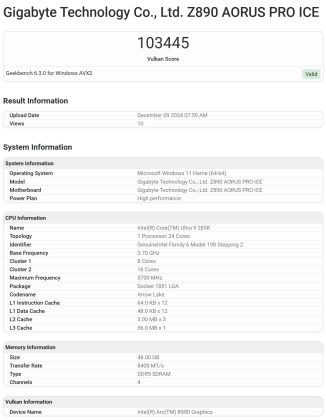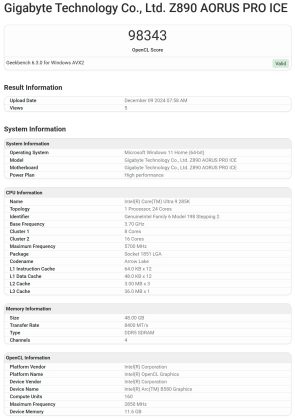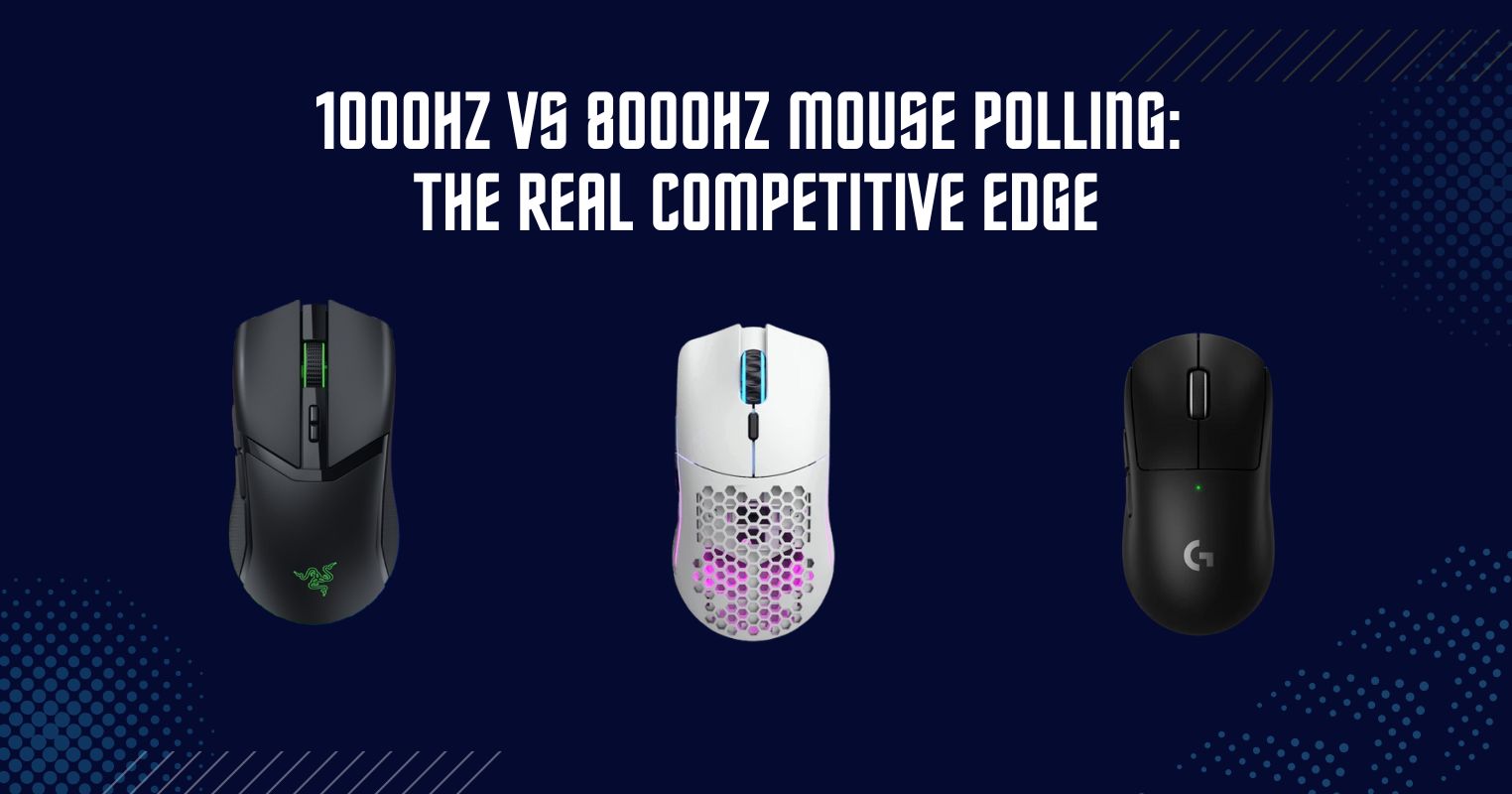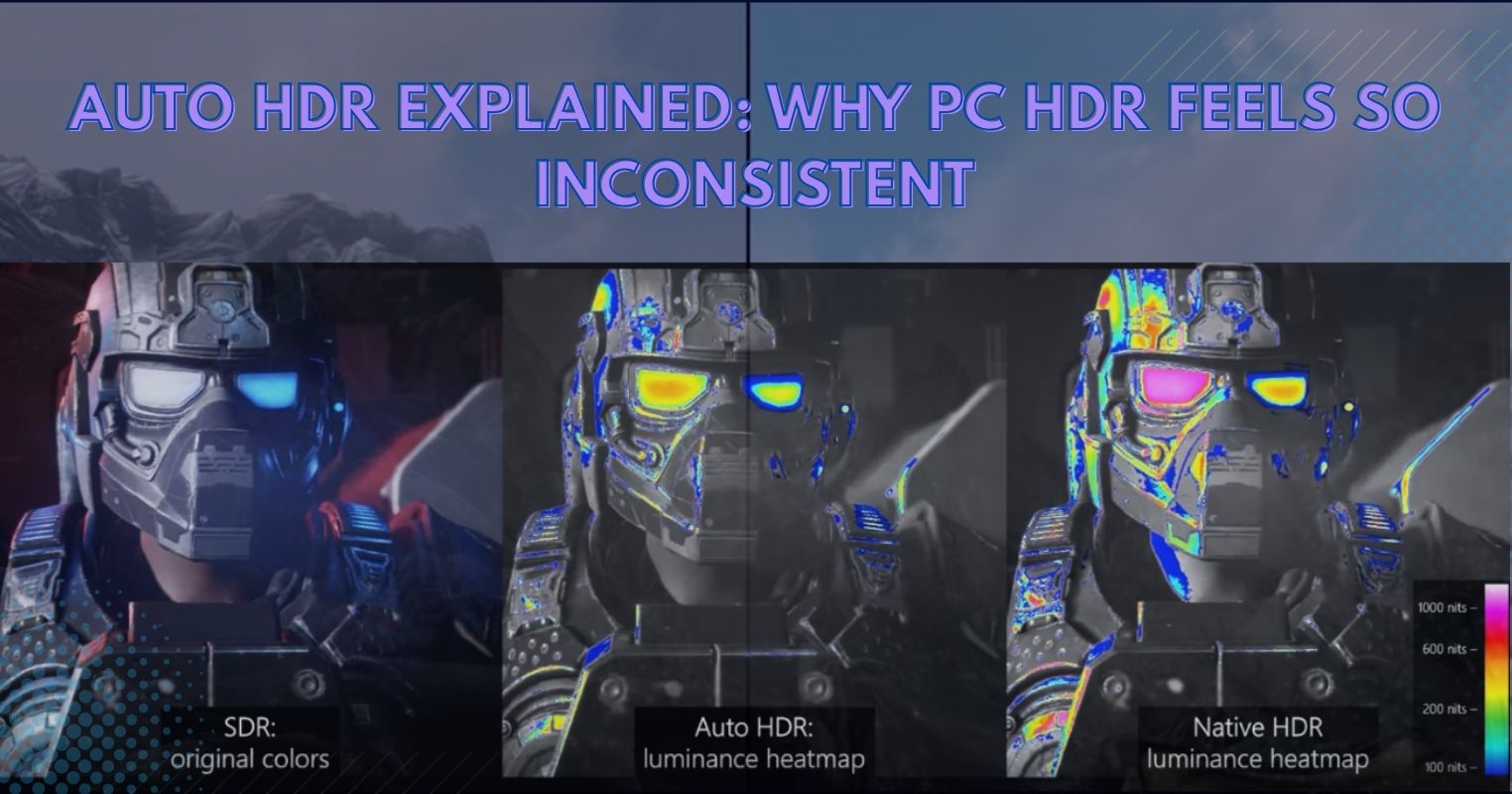From the 13th and 14th gen CPUs crashing to 6% year-on-year loss, from massive lay-offs to the CEO resigning, 2024, especially the last quarter, was not a good time to be in the Team Blue.
Of course, how can we forget the spectacular failure that was Intel’s 15th generation of desktop processors, codenamed Arrow Lake? Apart from changing the naming scheme and ditching the iconic Core i5/i7/i9 nomenclature, Intel also made massive architectural changes in the Core Ultra line-up to improve their efficiency, and while they certainly succeeded in that, that’s about it.
We reviewed both the mid-range Core Ultra 5 245K and the flagship Core Ultra 9 285K, and both of these processors could barely outperform their predecessors in gaming performance, with okay-ish improvements in the productivity area. Sure, the efficiency was great, so there are fewer concerns of thermal throttling, but with the right cooler, that was not a problem with the 14th gen either.
The Intel Battlemage Arc GPUs Come To The Rescue
On 3rd December, Intel announced two graphics cards: the Arc B570, releasing on 16th January, and the Arc B580, releasing on 13th December. The key selling point for both of these cards is incredible value for money, especially at 1440p.
How? Well, the B570 carries a $219 MSRP, while the B580 carries a $249 MSRP. At such price points, Intel has managed to squeeze in 10 GB and 12 GB of GDDR6 VRAM, respectively. This puts the B580 in a very competitive position against the RTX 4060 (MSRP $300) and the RX 7600 (MSRP $270), both of which have 8GB of VRAM.
As per Intel’s tests on 40+ games in both rasterization and ray tracing settings, the Arc B580’s gaming performance is 10% better than the RTX 4060 at 1440p ultra and 14% better than the RX 7600 at 1440p ultra. This is actually a big improvement, considering the B580 undercuts both of these cards in pricing.
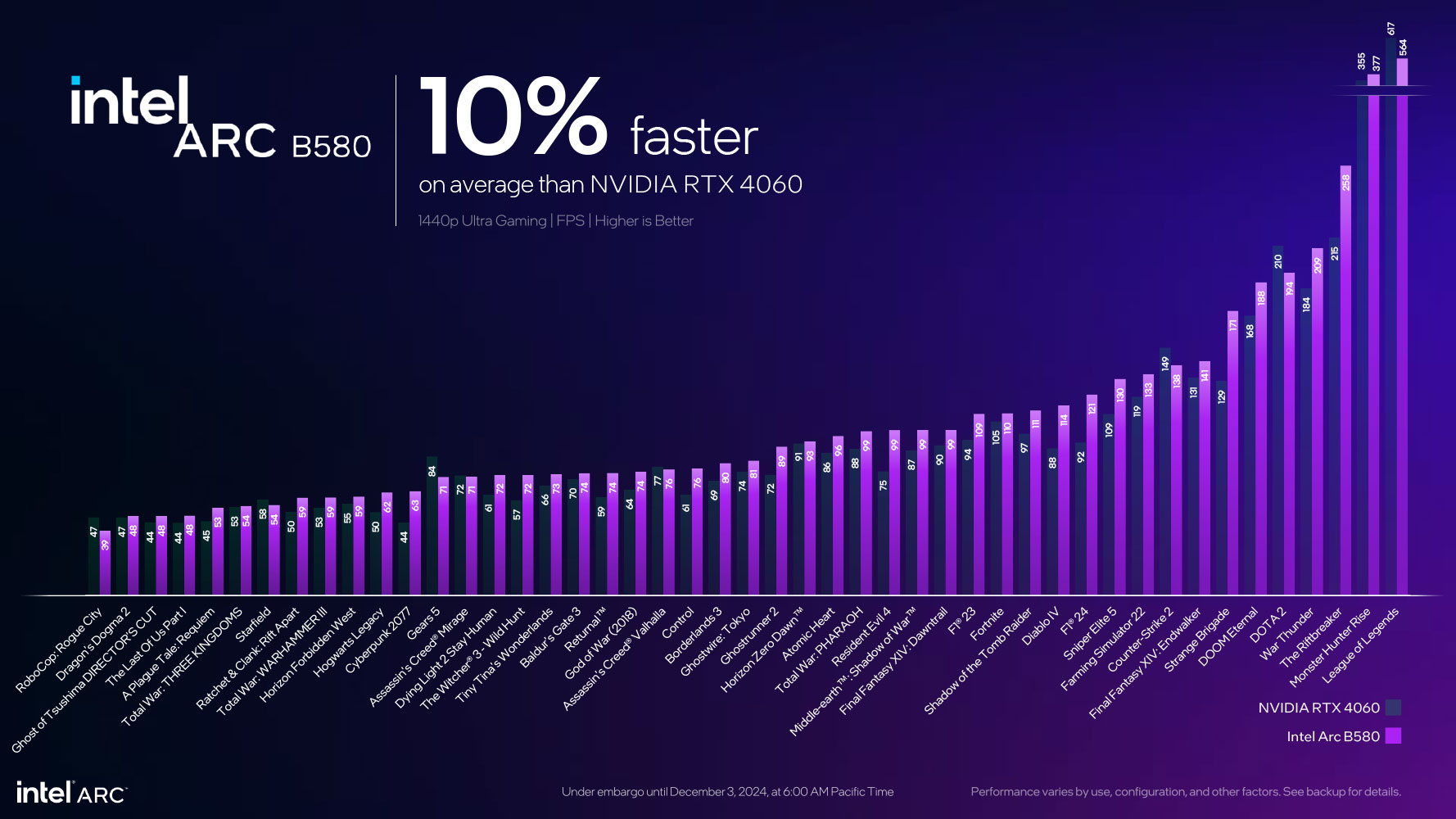
Furthermore, Intel is also emphasizing a lot on its new XeSS 2 technology, which competes with NVIDIA’s DLSS and AMD’s FSR. Intel has made the XeSS 2 an umbrella term that offers three key features:
- XeSS Super Resolution: AI-based upscaling that improves graphics and supports 150+ games.
- XeSS Frame Generation: Adds extra frames for smoother gameplay using AI-powered motion adjustments.
- Xe Low Latency: Reduces input lag for faster, more responsive gaming.
According to Intel’s test results, the Arc B580, with XeSS Performance Mode enabled, gave 1.12x faster performance in Forza Horizon 5, 2.08x faster in Cyberpunk 2077, and 1.85x faster in F1 2023, all of these games were running at 1440p Ultra with Ray Tracing, which is quite impressive.
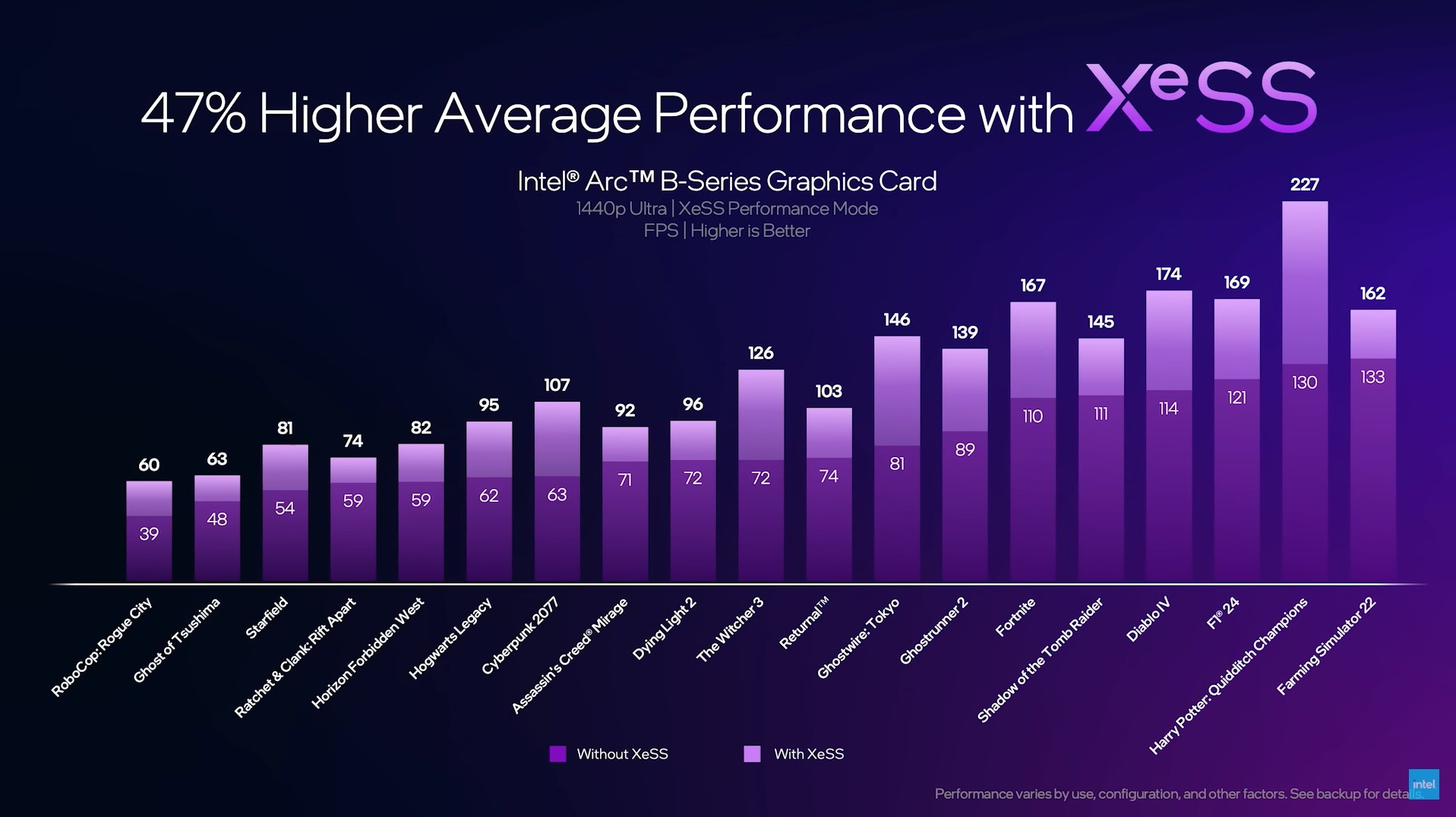
While I doubt that XeSS 2 is ready to go head-to-head against DLSS 3, which is supported by significantly more games, the XeSS 2’s numbers don’t look bad at all, and if Intel’s claims turn true, we can expect more developers to start adding XeSS 2 support to their games.
Arc B580 Leaked Benchmarks Show Great Promise
All of these numbers come from Intel, so there’s a bit of a disclaimer until we see independent reviews of these GPUs. However, with the launch just days away, leaked Geekbench Vulkan and OpenCL scores of the Arc B580 have appeared, showing strong performance against the RTX 4060 and the RX 7600 XT.
The Arc B580 scored 103,445 points in Geekbench Vulkan, giving it a ~7% lead against the RTX 4060 8GB, which scored 97,127, and a massive ~19% improvement over the RX 7600 XT, which scored 82,270.
As for OpenCL, things are a bit different, with the Arc B580 actually behind the RTX 4060 by around 3.3%, as it scored 98,343 points, while the 4060 scored 101,732 points. However, it is still quite ahead of the RX 7600 XT, which got 83,918 points.
Since these are leaked scores of a synthetic benchmark, we have yet to see how well the B580 handles gaming, especially at 1440p, which Intel has talked about the most.
Another aspect to keep in mind is that the RTX 4060 is quite an old graphics card. It was released back in May 2023, so we are comparing a GPU that was released in early 2023 against one that was released at the end of 2024. Plus, with the RTX 50-series right around the corner, it will be very interesting to see how NVIDIA prices and configures the RTX 5060. I really hope it doesn’t pull a low VRAM move like it did with the RTX 4060, but NVIDIA is NVIDIA, so nothing’s really certain.
Make Budget Graphics Cards Great Again!
As of now, Intel has a very real shot at redeeming itself after releasing such a mediocre line of processors, so if the Arc B580 turns out to be just as good as Intel claims and it can beat RTX 4060 across the board in gaming performance, we are looking at one of the most value-packed graphics cards of the year.
Earlier this year, I mentioned how disappointing budget GPUs have been, so I’m really hoping the B580 testing will live up to expectations. It’s the first time in a while that I’ve actually felt excited about a low-end graphics card.
Thank you! Please share your positive feedback. 🔋
How could we improve this post? Please Help us. 😔
[Hardware Reviewer]
Awais Khan is a Tech Geek, conscientious, reliable, and hardworking individual who pays attention to detail with excellent time management skills. Alongside that, he is an expert in PC Hardware; dealing with Benchmarks, Analysis, and testing before sharing information with readers. Whenever free, Awais occasionally shares Gaming Videos on his YouTube Channel.
Get In Touch: awais@tech4gamers.com


